Kruger National Park is a haven for diverse wildlife, including a variety of snakes that embody the park's ecological richness. From the fast and venomous Black Mamba to the camouflage expert Vine Snake, and the non-venomous Cape Wolf Snake, these serpents showcase the adaptability and diversity of life in Kruger.
Marvellous Dung Beetles of South Africa: Nature's Unsung Heroes
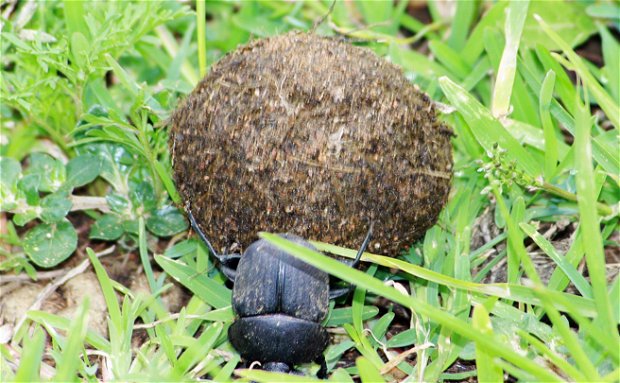
South Africa, known for its breath-taking landscapes and diverse wildlife, is also home to an extraordinary group of creatures: dung beetles. These fascinating insects, belonging to the order Coleoptera, play a crucial ecological role in the recycling of animal waste, contributing to the balance and health of the ecosystem. Let's delve into the world of dung beetles and explore their remarkable characteristics and vital contributions in South Africa.
Diversity and Adaptations: South Africa boasts a rich variety of dung beetle species, with over 800 known species inhabiting its diverse habitats. These beetles exhibit an array of colours, shapes, and sizes, ranging from a few millimetres to a few centimetres in length. Each species has adapted to exploit different ecological niches, with specialized behaviours and preferences.
Ecological Importance: The primary role of dung beetles in the ecosystem is to dispose of animal waste. When animals defecate, dung beetles quickly arrive on the scene, rolling and burying the dung to utilize it as a food source or as a nursery for their offspring. This activity not only removes potential breeding sites for flies and parasites but also helps to break down and decompose the organic matter, releasing essential nutrients back into the soil.
Breeding Behaviour: Dung beetles showcase remarkable breeding behaviour, which varies among species. Some beetles form pairs or groups to excavate burrows beneath dung piles, where they construct brood chambers. Once the male and female have prepared the chamber, they shape dung into a brood ball, which serves as food for their developing offspring. This nurturing behaviour ensures the survival of the next generation of dung beetles.
Navigational Abilities: One of the most astonishing aspects of dung beetles is their remarkable navigational skills. These beetles rely on celestial cues, particularly the Milky Way, to orient themselves and move in straight lines. By dancing on top of their dung ball, they can maintain a constant bearing, ensuring they roll it away from the intensely competitive vicinity of the dung pile. This behaviour helps them avoid competition and find a safe location to bury the dung and lay their eggs.
Conservation Efforts: Given their vital ecological role, the conservation of dung beetles is of utmost importance. South Africa has recognized their significance and has implemented various conservation initiatives to protect their habitats and raise awareness about their importance. By preserving natural ecosystems and limiting the use of pesticides and herbicides, efforts are being made to ensure the continued existence and well-being of these incredible insects.
Conclusion: The dung beetles of South Africa are truly nature's unsung heroes, playing a vital role in maintaining the delicate balance of the ecosystem. Their remarkable adaptations, ecological contributions, and navigational abilities make them a fascinating group of insects worth admiring and studying. As we continue to appreciate the wonders of nature, let us also recognize and protect these remarkable creatures, ensuring their survival and the health of our environment for generations to come.
This post highlights some of its fun and interesting facts about dung beetles. To see these amazing creatures for yourself come visit Kruger National Park and stay at Needles Lodge, your accommodation right on Kruger’s doorstep!
Further Reading
Studying these camouflage artists offers more than survival tactics; it unveils the symbiotic web of life. Each evolutionary adjustment triggers cascading effects, shaping predator-prey interactions, reproductive strategies, and even ecosystem architectures. For visitors to wilderness areas like Needles Lodge, these beings underscore nature's inventive prowess and the critical need to conserve the ecosystems that nurture such diversity.
Exploring Kruger National Park is a journey through Earth's geological history, showcasing ancient rocks, life's evolution, and dramatic landscapes. The park's diverse geology, from three-billion-year-old bedrock to recent Quaternary formations, reveals the planet's dynamic past. Highlights include the Lebombo Monocline and rich fossil records. This narrative emphasizes the importance of conservation and the unique opportunity to connect with Earth's ancient past at Needles Lodge.

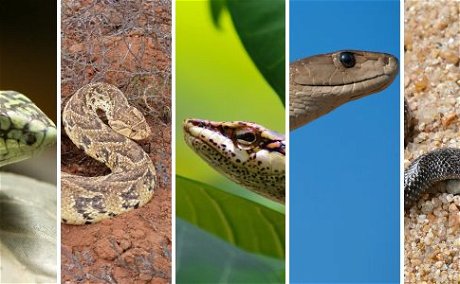
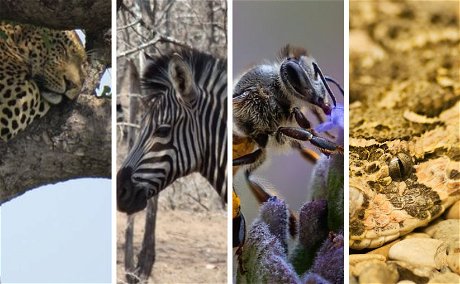
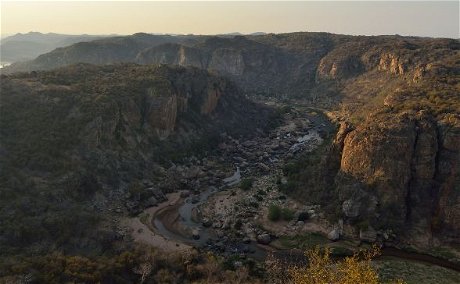
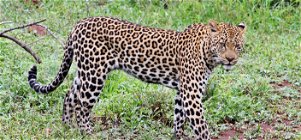
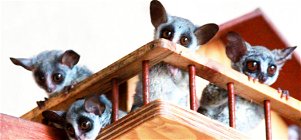
Share This Post